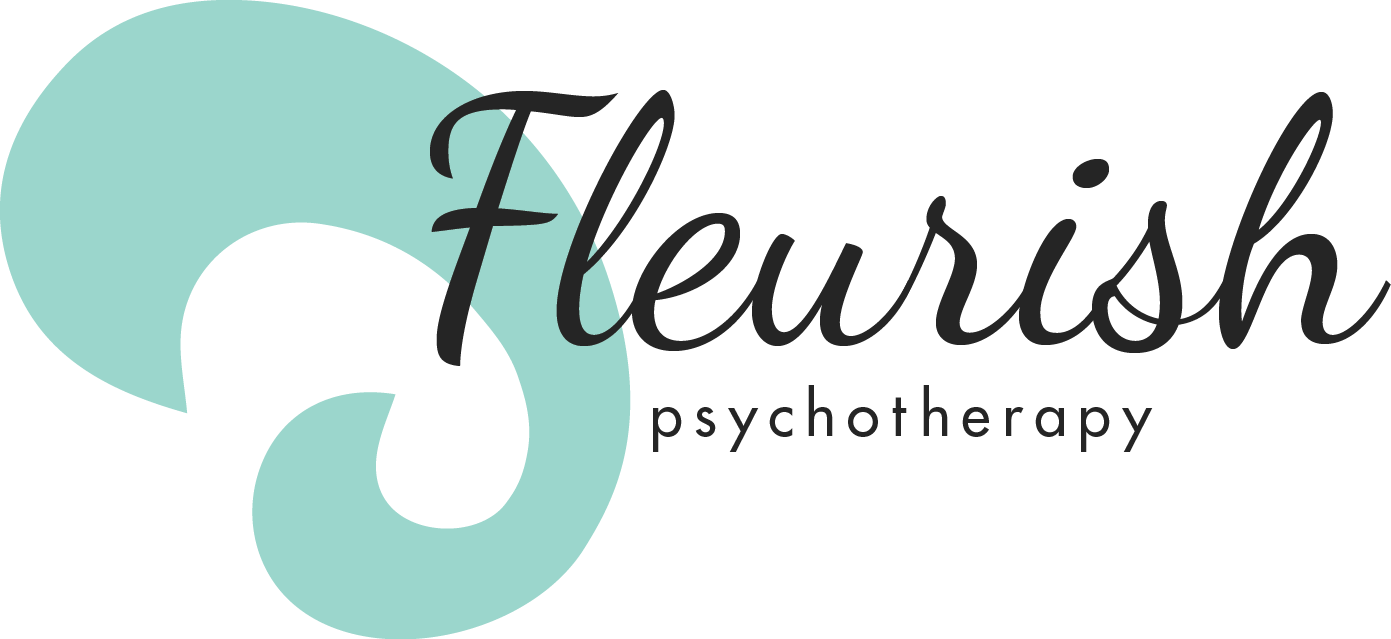Unraveling Resentment in Relationships
Relationships are like intricate tapestries, made up of countless emotions and experiences. Over time, some threads might knot up, masking the colorful designs that once signified our bond. Often, resentment is that tangled thread. Here at Fleurish Psychotherapy, we get the intricate nature of relationships and we're your guide on a healing journey towards renewal.
Resentment is a deep-seated, stubborn feeling of being wronged. It usually springs from unresolved disputes, unmet expectations, or repeated harm. It’s a silent storm that quietly chips away at the foundations of love and mutual respect in a relationship.
Spotting Resentment:
The healing road starts with recognizing resentment. Signs include consistent feelings of anger, frustration, or dissatisfaction aimed at your partner. You may continually dwell on past hurts, struggle with trust, or feel overlooked or unvalued.
Digging to the Root:
Once you spot resentment, it's key to dig deep to unearth its root. Usually, resentment is a reaction to unmet needs or expectations. Perhaps you didn't clearly voice your needs, or maybe your partner couldn't meet them. Grasping the root cause can help untangle resentment's hold.
Clear, Empathetic Communication:
Promoting open and empathetic communication is crucial for untangling resentment. Respectful and understanding discussions about your feelings, needs, and expectations can dissolve misunderstandings and fortify your relationship. Remember, your emotions are valid and deserve to be voiced, just like your partner's.
Professional Help:
Sometimes, resentment can burrow deep, making it tough to handle solo. Therapy can offer a safe, neutral platform to explore your emotions, understand what fuels resentment, and craft effective strategies for resolution. Therapists, like ours at Fleurish Psychotherapy, can help facilitate communication between you and your partner, ensuring both voices are valued and respected.
Fostering Forgiveness and Empathy:
Resentment often fades in the light of genuine forgiveness and empathy. Forgiving isn't about forgetting or dismissing your emotions, but letting go of the weight of negative feelings. Empathizing with your partner allows you to see the situation from their viewpoint, promoting understanding and mutual respect.
Mending Trust:
Trust, once shattered, needs time to mend. Setting clear boundaries, being there for each other consistently, and displaying reliability and honesty can gradually restore trust, an essential aspect of resentment recovery.
Tackling Resentment Together:
Untangling resentment can seem overwhelming, but it's crucial to remember that you don't have to face this journey alone. At Fleurish, we have faith in your ability to evolve, heal, and nurture healthier, more satisfying relationships. We're here to assist you at every stage, providing empathy, professional guidance, and a compassionate environment for self-discovery.
Finally, it's vital to remember that every relationship faces its unique challenges. Resentment doesn't spell doom for your relationship; rather, it's an opportunity for mutual understanding, enhanced communication, and the strengthening of emotional bonds. Once you untangle the thread of resentment, you pave the way for a more resilient relationship tapestry – one that showcases mutual understanding, love, and respect. So why wait? Start your journey towards relationship revival with Fleurish Psychotherapy today.

